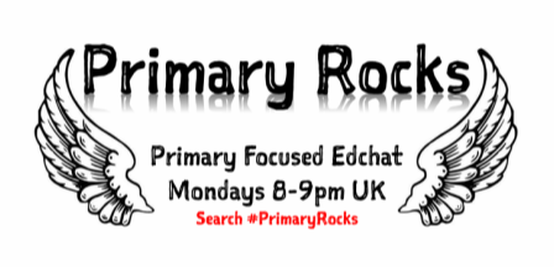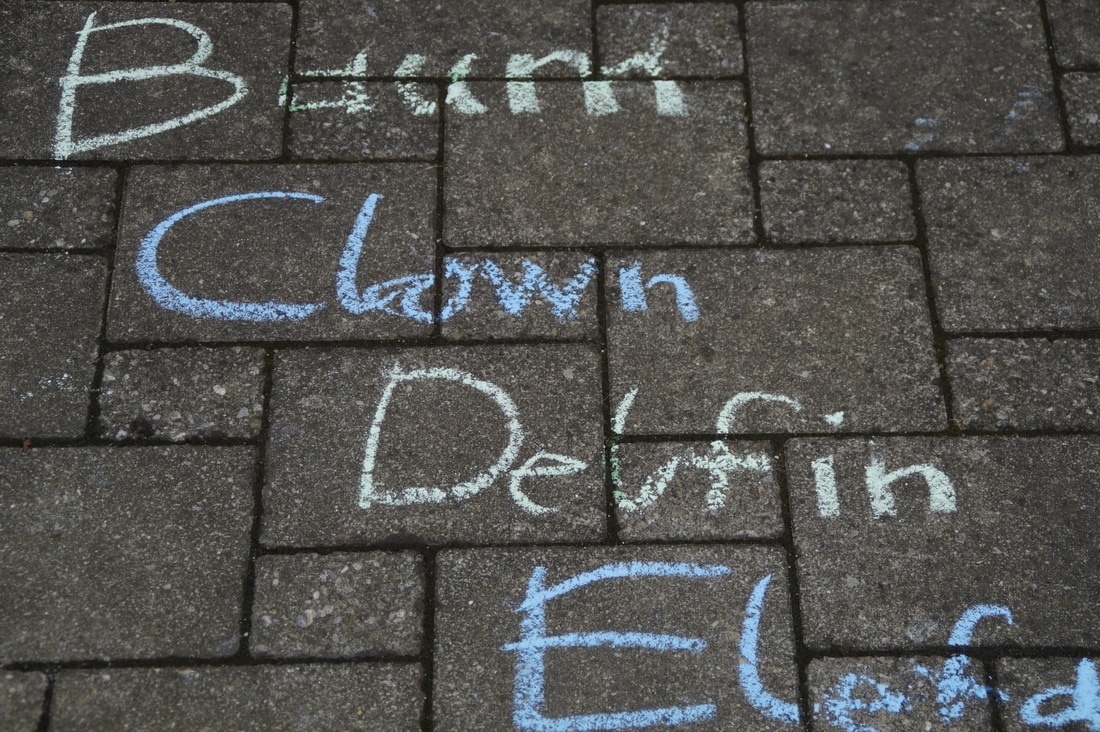|
The need for children to develop an advanced vocabulary was brought into stark focus in May last year, when the new KS2 assessment for reading was unleashed on the nation's children. In it, the children were required to read a text suggested to be aimed at 14/15 year olds as well as answering questions on it. Children were reduced to tears and the national pass rate plummeted. Reading was no longer a 'soft' subject where you chatted with a group for a week about a book, it was a serious academic discipline once again. To pass, children would have to read quickly and accurately as well as be able to comprehend complex vocabulary on a level not required before. The question is: we know how to teach decoding, but how can we help children develop a greater vocabulary?
I've a few ideas, (this is by no means a comprehensive list): 1. Promote a love of decent books Put simply, if your child doesn't read outside of school, this standard is likely to be well out of their reach. Not only that, but unless the stuff they read is of a sufficient quality, they still won't pass. You need to place value on reading. You need to promote books that are at age related standards. No more Jacqueline Wilson in year 5, no more Diary of a Wimpy Kid, but Narnia, Hunger Games, Alex Ryder and Harry Potter. Its not good enough anymore to simply check reading diaries to see who is reading, what they are reading is important. Don't allow comics in class, don't allow e-books or soft touches, set the standard high and keep it there. If you don't do it, no one else will. Take the kids to the library, give them recommendations on what to read next, read complex texts to them out loud. There are millions of amazing books out there, kids just need to be exposed to them. In my experience, children want to do well, so will try these books, pick the right one and they are away. If your kids don't love reading because they cant find what to read, you need to do something about it. 2. Normalise complex vocabulary I'll always remember when I was an NQT I was given feedback that said (paraphrased) "the words you use are too long, the children don't understand what you are saying." Talk about low expectations. They did, because I deliberately use different vocabulary to what they children hear at home and when I do it I explain what I am saying. It's like using the word 'upset'. When I first said to my class that they had been upset by the fact it was raining at breaktime, they replied 'no we weren't'. This is because they understood the word upset as meaning sad. When I explained that it also meant to knock someone out of their normal way of doing things, they got it. Now I can use it all the time and they get what I mean. Same with the word 'plausible' - "does anyone have a plausible explanation as to why I have highlighted the words in this paragraph?" Its about presenting new vocabulary in a careful way, clarifying meaning as you go along. 3. Model decoding unknown words for meaning Have you ever learned a new word and then suddenly it appears everywhere? This happens to me all the time and I'm assuming its because before I understood the meaning properly I was simply skipping over words I didn't know. This is a bad habit for children to get into, especially with the specific vocabulary questions that appear on the KS2 tests. If you read out loud to your class (which you should), you've got a great opportunity to model how to decode and understand complex vocabulary. Children should have been explicitly taught the strategies of reading around a word, substituting another of it to see if the sentence works, stripping a word to its root and working out the meaning from there and so on. If you do this every day, you will find these strategies are embedded and children know what to do when meet a word they cannot understand. 4. Use kids as an agent to improve reading In my class we do 'real reading and fake reading'. The kids read for 10-15 minutes in silence and then I randomly pick 10-15 kids and get them to tell everyone about what they have read. This enables them to hook others into the story they are reading and recommend books to their peers. It also enables me to ask them what other books are like the story they are reading. This helps children to move between authors and books they like. I've lost count of the number of times when a child had given a glowing summary of a book they had read and people asked them "Can I have that after you?". That's what you want. 5. Know your authors and don't neglect the classics I have this recurring nightmare that this year's KS2 SATS paper will have an extract from Wuthering Heights in it.In it, all the children cry at the archaic language and get zero. To assuage this worry and to help my kids graduate to the great texts of English (language) literature, I often read old texts out load to my class. For me, Enid Blyton is your best friend as a primary teacher, because she does two things: 1. uses loads of words the kids wont understand but more importantly, 2. her stories are absolutely amazing and hook all ages of children. The added bonus is that you can go into any charity shop and buy an Enid Blyton book for less than a quid. In 'Reading Reconsidered' Doug Lemov (to me) suggests that unless you've read archaic literature to your kids from the start of school, they have no hope to start reading things like Thomas Hardy or whatever when they are teenagers. There is a clear continuum from Peter Rabbit, to the Faraway Tree, to Narnia, to whatever. Whether people like to admit it or not, there has been a definite dumbing down of language in modern books for children under 6. How many children's books these days use the word soporific? It's in Peter Rabbit. If books stopped being published tomorrow, no child alive would be bereft of brilliant books to read, remember this while you look for the next great children's author or a snazzy interesting cover. Sell the content, not the design. I hope some of these ideas help - get in touch with me on @farrowmr or ask a question for discussion on #primaryrocks chat - Mondays from 8-9.
2 Comments
|
Primary RocksThe primary focused edchat - Mondays 8-9pm UK time Archives
April 2017
Categories
All
|


 RSS Feed
RSS Feed